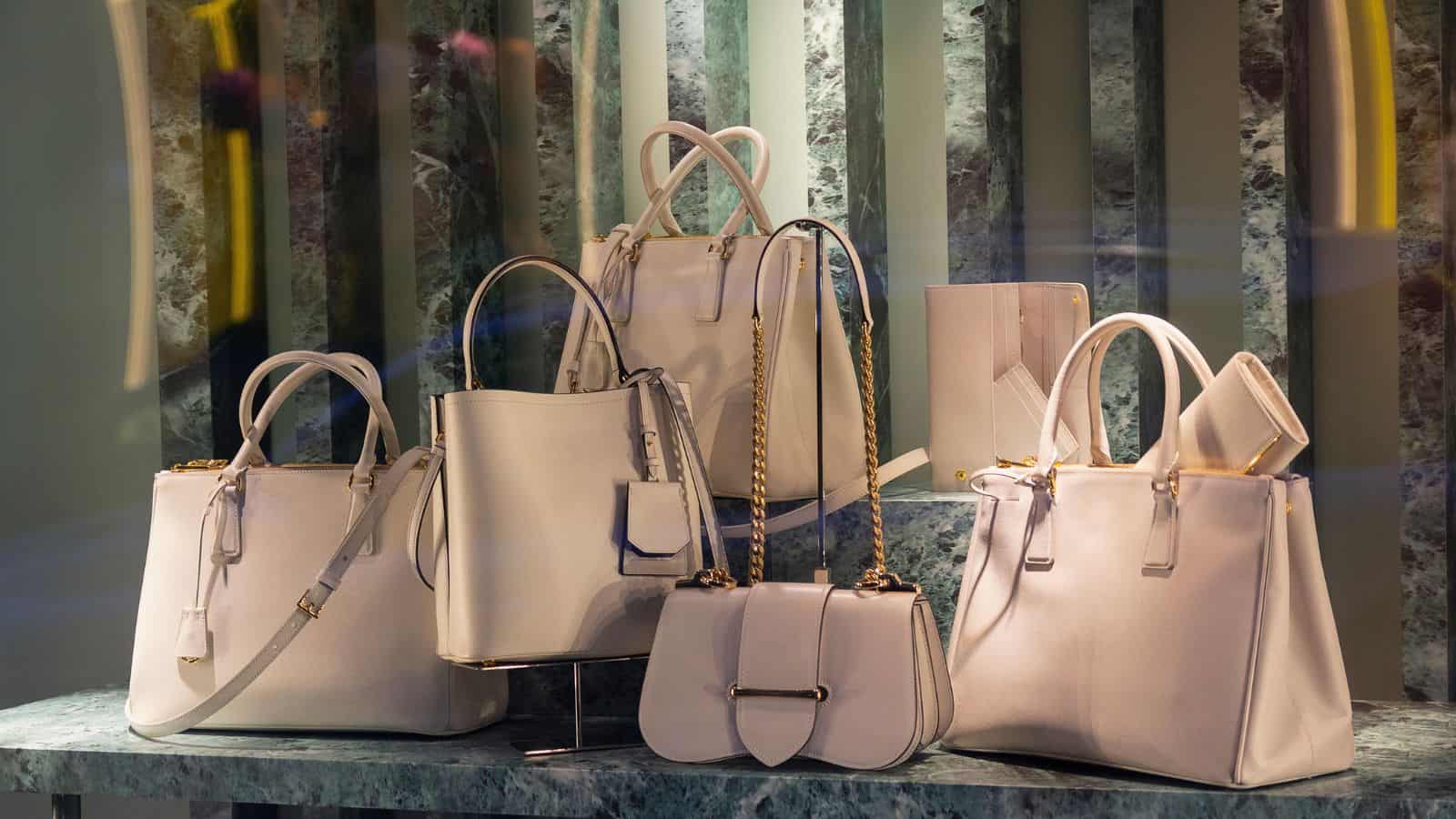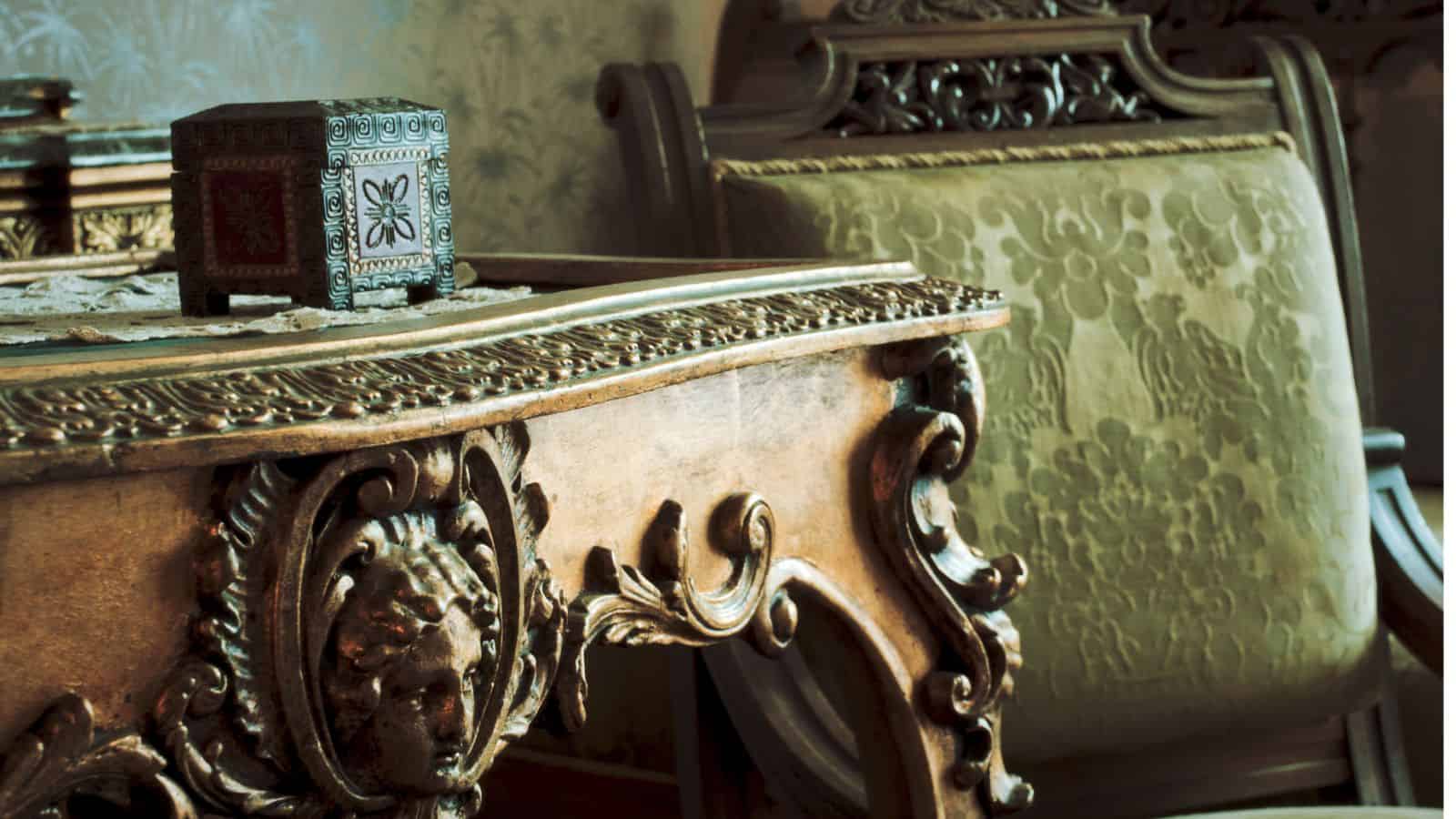Secondhand shopping can be an excellent way to find quality or bespoke items at a fraction of the price they would be new, while also reducing the environmental impact of our ‘throwaway culture.’ However, some items are best purchased new for safety, hygiene, or quality reasons. Here are 17 items you should always avoid buying secondhand, no matter how cheap they seem!
Children’s Car Seats

Even if you’re buying from someone you know and trust 100%, secondhand car seats are a risky purchase. ChronicleLive warns that even undamaged seats may’ve been impacted by a motor collision or other accident (like being dropped) or have subtle signs of wear to their straps or padding.
Mattresses

There’s no way of knowing what microscopic nasties are lurking in used mattresses and bedding, with allergens, dust mites, bed bugs, and mold all posing a potential health risk. The Bed Consultant lists ten other reasons why a new mattress is the best choice, including poor sleep quality, a lack of support, internal damage, and the inability to return it if it is unsuitable.
Helmets

Like child car seats, safety equipment like helmets should always be purchased new from a reputable seller. Make sure you get a helmet designed for the type of activity you need protection for (e.g., motorcycling, cycling, skating, skiing, climbing, etc.) and properly fitted for you. Secondhand items can be compromised, even if they look undamaged.
Cribs and Baby Furniture

Secondhand cribs and baby furniture come with inherent risks. Child Safety Store writes, “The simple truth is that a used crib can be hazardous. Older cribs might not comply with current safety regulations.” Used cribs may also have missing or worn parts that increase the risk of collapse, entrapment, or suffocation.
Warrantied Electronics

Many electronics manufacturers design their products to fail after the warranty period, and repairing older products can be difficult due to the cost and scarcity of parts. Buying new ensures the manufacturer’s warranty covers a replacement or repair service free of charge if your device malfunctions.
Personal Care Items

Any item used for health or personal hygiene (like electric razors and toothbrushes) is best avoided, even with replacement blades or heads. Such items can harbor bacteria and fungus, posing a hygiene risk and potentially spreading infections. We recommend buying such products new to avoid potential health concerns.
Underwear and Swimwear

Any clothing that’s been rubbing up against someone’s most intimate body parts is a no-no! Underwear and swimwear are designed to be worn next to the skin without a dividing layer, so secondhand items can harbor bacteria or even bodily fluids. Yuk! Investing in these relatively affordable items at a clothing store is better.
Complex Appliances

Appliances with intricate, finely balanced components or that combine electricity and water can be expensive, dangerous, and difficult to repair. It’s advisable to buy appliances like washing machines, refrigerators, AC units, and dishwashers from a reputable retailer. This will ensure you’re physically and financially safe and covered by a warranty.
Heavily Used Furniture

The Spruce advises avoiding upholstered furniture with signs of excessive wear, like visible thinning, tears, or stains. Not only are such soft furnishings likely to harbor years of dust mites, allergens, bed bugs, and sweat, but heavy wear indicates a long life—meaning they’re unlikely to last for much longer. Re-upholstering such items is often prohibitively expensive, too.
Recalled Items

If you must buy secondhand items with safety features or electrical components, always search by product code for manufacturing recalls before purchasing. Furniture, electronic appliances, tech, safety equipment, and even cars can be recalled by the manufacturer and pose a serious safety hazard if used regardless.
Counterfeit Goods

If a secondhand item seems to be luxuriously branded, always check it for signs of authenticity. It can be difficult to identify copies, so be thorough, and if it seems too good to be true, it probably is! Counterfeit items aren’t just poor quality; they can dangerously malfunction or contain hazardous materials.
Highly Personal Items

Items with sentimental value, like wedding dresses or jewelry, are best purchased new to ensure they haven’t been altered or damaged. Consider the emotional toll and potential disappointment you might suffer when buying secondhand items like these, as they may not ‘feel’ as special as you want them to, or be in pristine condition.
Children’s Clothing

Children typically wear their clothes out quickly, so used children’s clothes are best avoided. Shoes, in particular, need to be properly fitted to ensure they don’t harm your child’s delicate, growing feet. Purchasing new clothing items, even budget ones, will ensure the best fit, hygiene, and safety for your child.
Paint and Chemicals

Even if they appear unopened, there is no way of knowing whether secondhand paint or chemicals have been stored correctly. Besides the risk of ineffective or visually unattractive finishes, such products can be toxic or otherwise hazardous when used or applied. Always buy new chemicals and paints from a reputable store.
Damaged Items

Don’t be tempted to buy secondhand products with cracks, rust, water damage, missing parts, or other visible signs of wear and tear. These imperfections not only compromise the function and safety of such items but also indicate a lack of care and maintenance or significant use over a long lifetime.
Professionally Installed Items

Plumbing fixtures, electrical equipment, and other items that must be professionally installed should only be purchased new, preferably with installation included. Trying to ‘do it yourself’ may seem financially savvy, but it can lead to leaks, electrical hazards, malfunctions, and costly repairs. It’s just not worth the risk!
Antiques

While all antiques are, by their very nature, secondhand, avoid purchasing them from anything other than a registered dealer. Delicate antique furniture, old-fashioned devices, artwork, and musical instruments often need specialized care to maintain their condition and prevent ongoing damage—something a general secondhand store is unlikely to undertake.
Read More: 17 of the Most Dangerous Cities in the World (6 Are in The US)

Every city has its dangers, but it goes without saying that some places are far more dangerous than others. We’ve compiled a list of 17 of the most dangerous cities in the world in terms of violent crime and homicide rates.
17 of the Most Dangerous Cities in the World (6 Are in The US)
17 Non-Negotiables Men of Integrity Refuse to Compromise On

A man with integrity has strong moral principles—there are just some things that he would never do. In this article, we’ll find out the top 17 things that damage a man’s integrity.
17 Non-Negotiables Men of Integrity Refuse to Compromise On
17 Things You Should Never Carry in Your Wallet

Let’s be real — when was the last time you went through your wallet and got rid of anything unnecessary? It’s important to know if you’re carrying items with you every day that could put you at risk. Click to discover the 17 things you should never keep in your wallet, helping you minimize the risk of identity theft, financial loss, and other issues.
17 Things You Should Never Carry in Your Wallet
18 Old School Habits That Are Making a Comeback

Old school habits are starting to make a comeback. These can be hobbies associated with the older generation, such as sewing or woodworking. It can also be old-school manners, such as writing thank-you notes and opening doors for people. Let’s look at 18 of these habits.
18 Old School Habits That Are Making a Comeback
18 American Phrases That Non-Americans Struggle to Understand

American expressions are a vital part of its culture, reflecting the nation’s history and values. However, these sayings can sometimes puzzle people from other countries because they often carry context, colloquialisms, and historical references that can lose their intended meaning when crossing borders. Let’s look at 18 of such American sayings.
18 American Phrases That Non-Americans Struggle to Understand

